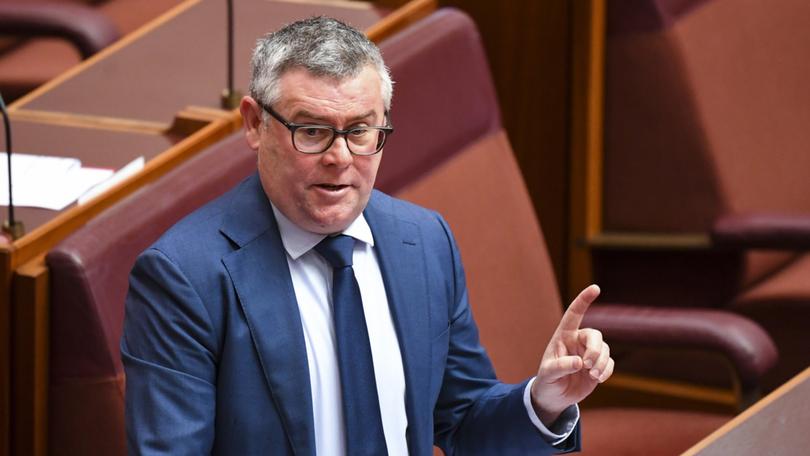



Article by: Hari Yellina
Murray Watt won’t put on a farmer’s mask. He doesn’t have answers either for the high cost of inputs or the labour deficit in agriculture. But he seems to be bringing an open honesty to his new position as minister of agriculture for the federal government. On June 8, barely seven days into his new position as senator for Queensland for six years, he delivered a speech at Hort Connections 2022 in Brisbane. Mr. Watt said he anticipated many in the crowd would have questions, including some obvious ones, in what was possibly his largest crowd address as agricultural minister to date. Given that I am the new minister, he said, “I anticipated a lot of you will be going, who’s this bloke?” “You can infer from that that, in contrast to many of you, I am not a farmer and will not pretend to be one. What you see is what you get. I believe that Australians are tired of politicians who prefer to dress up in costumes and pretend to be someone they’re not.”
With a father who grew up on a dairy farm and also cut sugarcane in the Mackay region and a mother who has connections to pineapple production in the Maryborough area, Mr. Watt, who served as chief of staff to former Queensland premier Anna Bligh, reaffirmed a stance taken shortly after the federal election. “I’d like to think it offers me some understanding of, if not a direct understanding of, what farmers and rural communities are going through,” he added. Mr. Watt stated that he preferred to think of himself as someone who was equally at home in the city as the countryside. “In me, you’ve got someone who understands the farming industry, if not directly with first-hand experience, then at least with a real empathy for the work you do and the significance of sustaining it,” he said.
Mr. Watt addressed three primary areas of concern, including labour, biosecurity, and input costs, to an attentive audience of horticulturists. According to Mr. Watt, labour is now the main obstacle facing horticulture in the nation. While his party won’t be pursuing the farm visa, it does have plans to broaden the Pacific Australia Labour Mobility (PALM) programme. In order to bridge some of the skills gaps we have in the hort business and in ag and hort collectively, he said, “we think that there is more opportunity there to make use of eager employees who have already been vetted as ready to come and work in Australia.” Labor also plans to prioritise agricultural training for Australian workers.
Mr Watt stated that he felt fortunate to have taken on the position at a period when agriculture was experiencing reasonably strong productivity and financial growth. The back-and-forth nature of politics, among other very significant issues, were being concealed, he claimed, by those positive “headline results.” He stated, “I believe we’ve all seen how there’s been so much strife, so many fights, and I think everyone’s had a gutful, to be honest.” Whether in the agricultural or other sectors, “I think people just want to work together a little bit more, and that’s certainly the approach that I’m going to be adopting in dealing with your industry.”